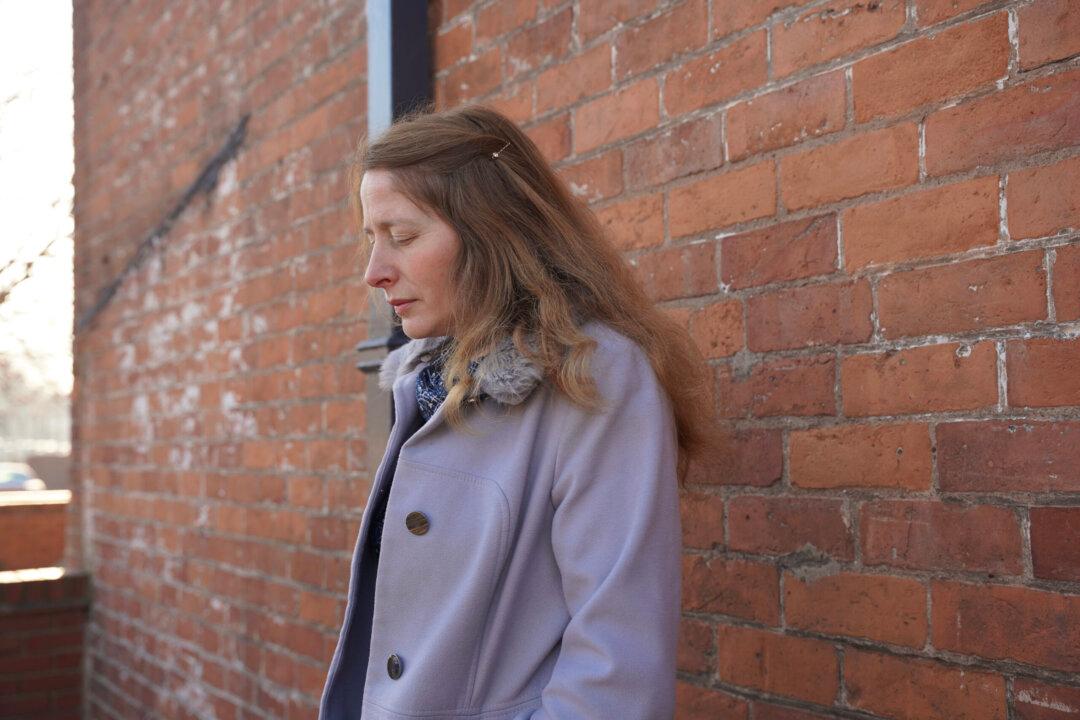Britain’s House of Commons approved legislation on Tuesday to create “buffer zones” that ban certain behaviour including silent prayer outside abortion facilities across England and Wales.
MPs voted 299–116 in favour of creating the zones.

Britain’s House of Commons approved legislation on Tuesday to create “buffer zones” that ban certain behaviour including silent prayer outside abortion facilities across England and Wales.
MPs voted 299–116 in favour of creating the zones.